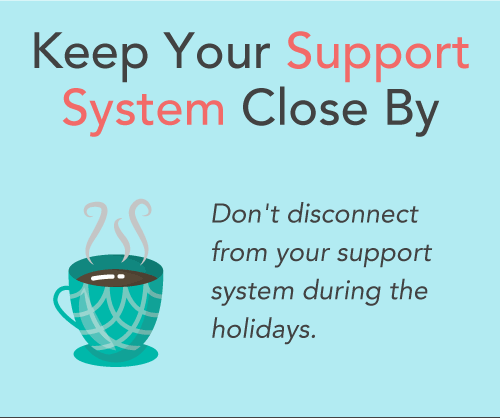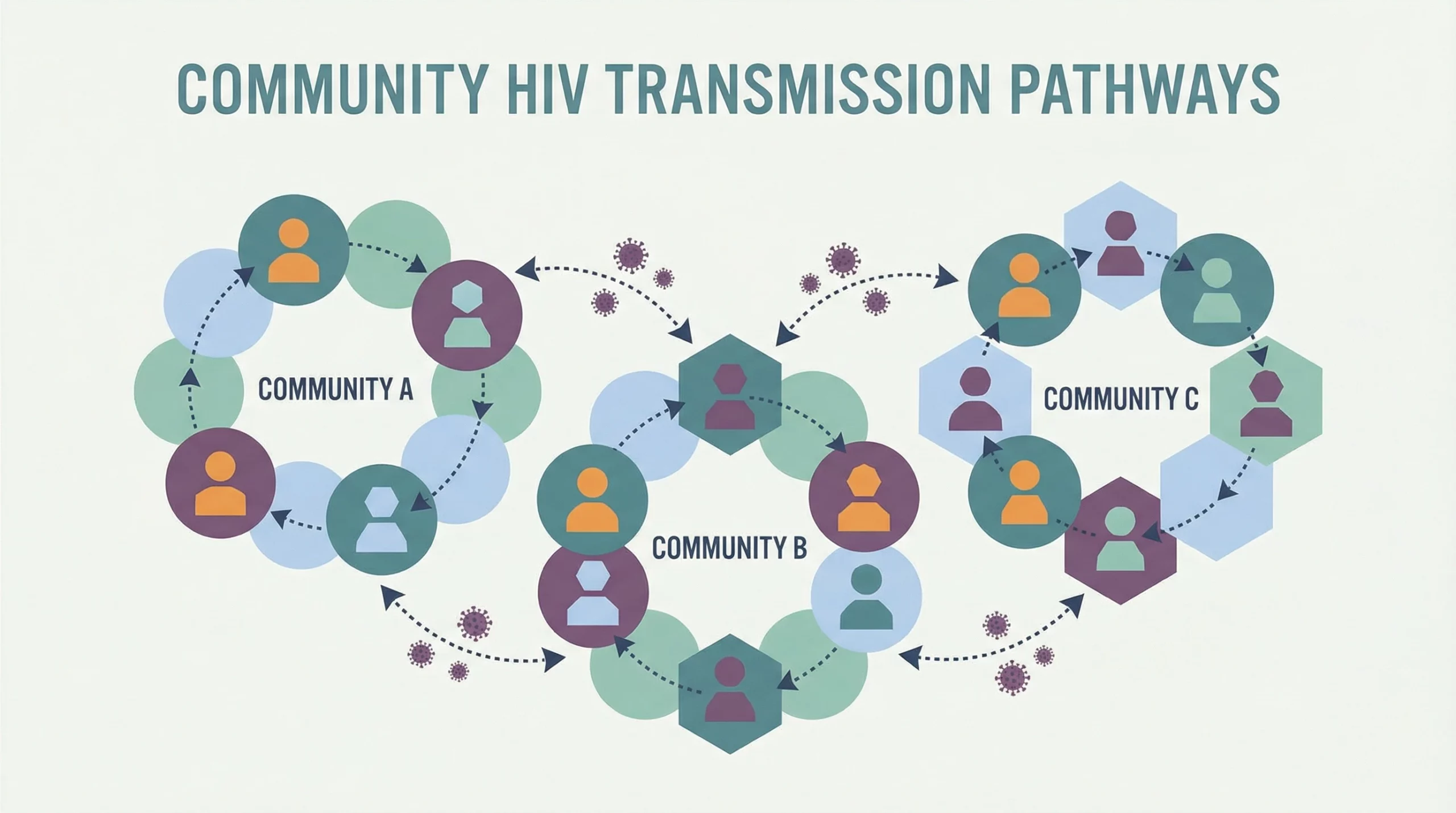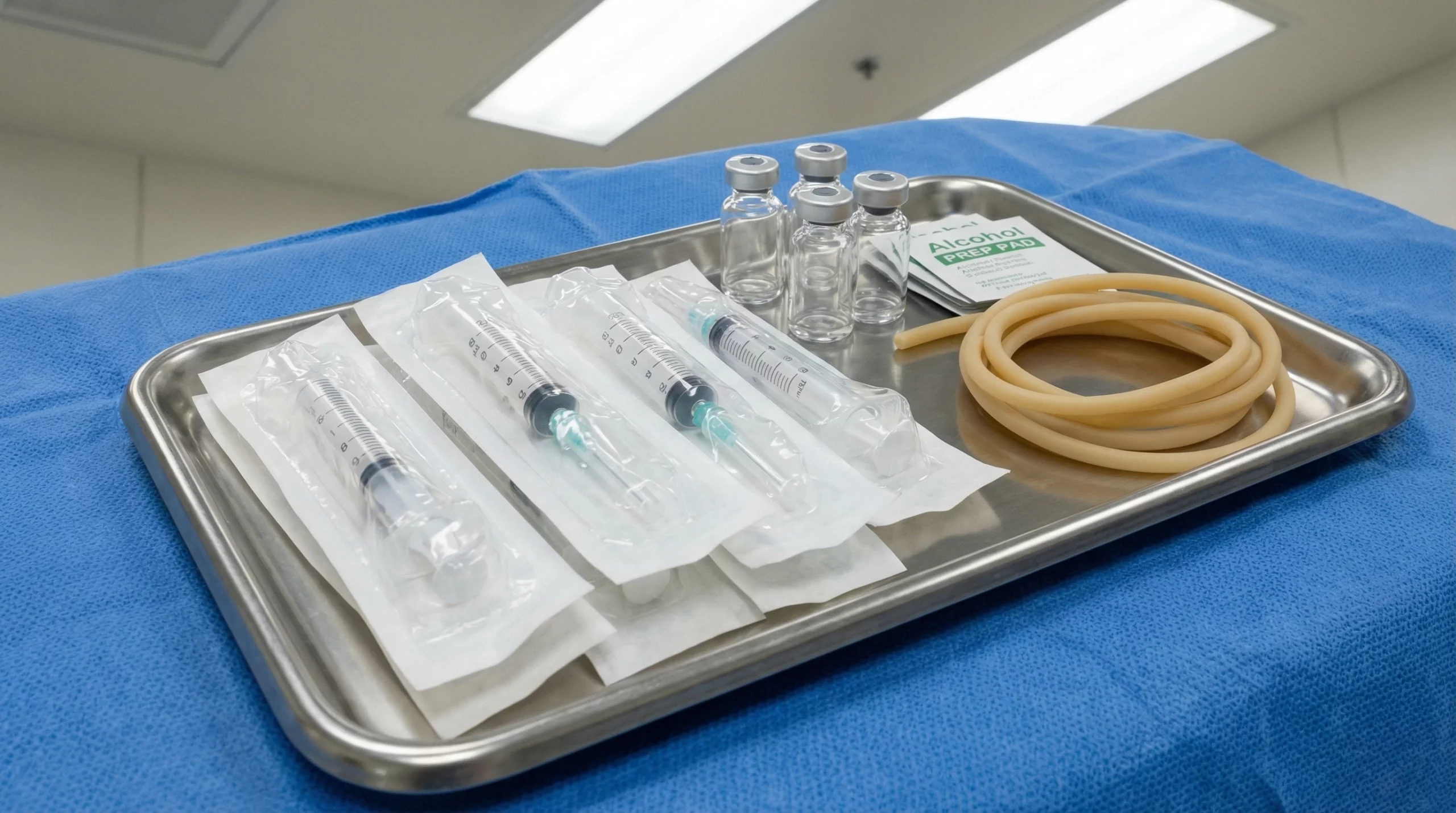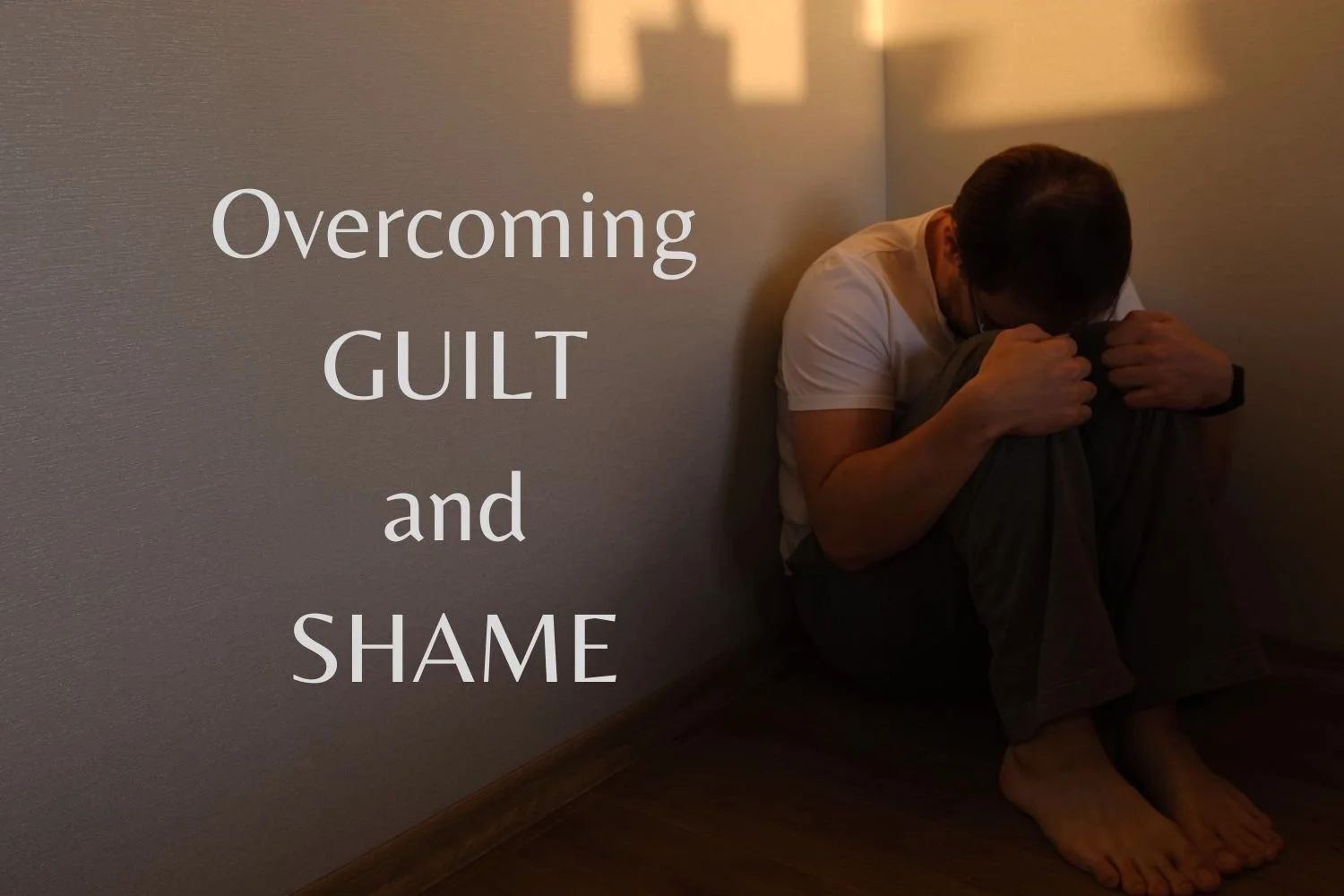Staying Sober During the Holidays
Why Holidays staying sober during the holidays can feel like a mountain to climb, especially when so many gatherings revolve around alcohol, celebration, and indulgence. Whether you’re new to sobriety or have been working at it for years, this season has a way of testing boundaries, stirring up old habits, and putting you in situations … Read more









